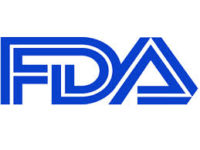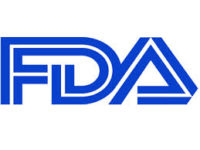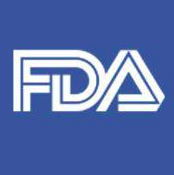A memo posted to FDA.gov last week has announced that the U.S. Food and Drug Administration (FDA) has denied the Grocery Manufacturer Association’s (GMA’s) food additive petition to allow the continued use of partially hydrogenated oils (PHOs) for certain limited used in foods. The agency has also updated the compliance date associated with the food industry’s use of PHOs. FDA’s denial of the petition means that PHOs must be removed from most food processing methods in order to comply with the law.
Here is FDA’s statement on the agency’s decision:
“Removing partially hydrogenated oils – PHOs – from the food supply, as set out by the congressionally mandated food additive authorities, is a significant public health achievement,” said FDA Commissioner Scott Gottlieb, M.D. “Most PHOs have already been removed from food, and for the most part, manufacturers may not add any PHOs to foods after June 18, 2018. However, there are a handful of PHO applications that continue to be used at very small levels - typically for certain processing aids or as small components of some flavor and color ingredients. We have denied a trade group’s petition to maintain these uses, and manufacturers will be legally required to remove even these small amounts from food. However, in order to provide food makers time to reformulate their products (and adjust their manufacturing processes), we’re giving manufacturers extra time to comply for the uses of PHOs requested in the petition. The industry petition also gave the FDA the opportunity to further review whether certain uses of PHOs can be safe in foods, and we concluded that the petition doesn’t contain sufficient evidence that the requested uses are safe. Consuming PHOs increases the risk of heart disease, which is a leading cause of death for American men and women. Removing artificial trans fats from the marketplace is a significant step forward for public health.”
Not only is FDA denying the group’s petition, but they are also extending the compliance date for certain uses of PHOs associated with the FDA’s 2015 order to remove PHOs from foods.
In 2015, FDA deemed that PHOs were no longer generally recognized as safe for use in human foods. The agency gave food manufacturers 3 years to reformulate their products to contain no PHOs, and to sell or use existing products that contained PHOs. The 3-year timeframe also gave food manufacturers the chance to ask special permission for PHO use in certain foods for specific reasons or uses.
Now, based on industry feedback, FDA is giving food manufacturers until January 1, 2020 for foods manufactured with PHOs before June 18, 2018. This will allow for an orderly transition in the marketplace as FDA implements the public health action of removing PHOs from the food supply.
The FDA also is denying a food additive petition by a trade group requesting FDA approval for certain limited uses of PHOs in human foods. After careful review of the petition, the FDA found that the trade group did not present sufficient evidence as required to show that these uses of PHOs are safe.
Leon Bruner, GMA’s executive vice president of science and regulatory affairs and chief science officer issued the following statement:
“Food and beverage companies have already successfully reduced PHO-related trans fats by more than 98 percent. We appreciate FDA’s extension of the compliance date for the specific and limited uses in our food additive petition; this gives companies a year to reformulate those remaining products and additional time for any products already in commerce to exit the marketplace.
“We are disappointed by FDA’s finding; we believe the petition presented extensive and verifiable data that supported the scientific basis for a safety approval of these minor continued uses of PHOs.”
Companies using PHOs in the ways outlined in the petition will have until June 18, 2019, to reformulate products and until January 1, 2021 to exhaust product inventory of foods made with the petitioned uses before the manufacturing compliance date.
More on trans fats and food safety:
Trans Fats: Current Scientific Update
Sign up for Food Safety Magazine’s bi-weekly emails!
Subscribe to our podcast: Food Safety Matters!




